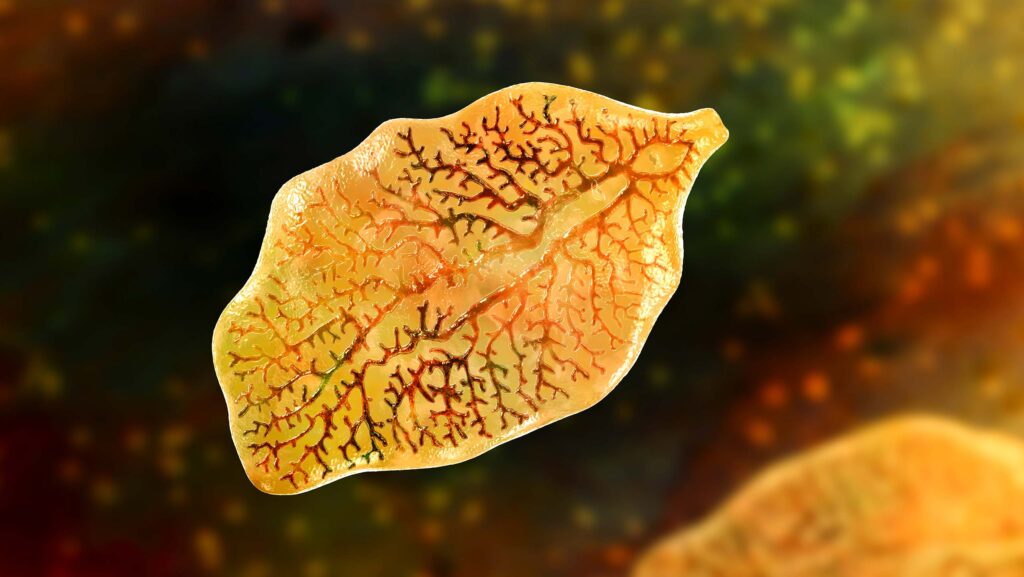Experts urge focus on liver fluke in treatment plans
 © Adobe Stock
© Adobe Stock Cattle and sheep farmers and vets are being urged to prioritise liver fluke over rumen fluke when making treatment decisions, as the latter rarely causes disease despite its increasing presence in the UK.
Experts from the Sustainable Control of Parasites in Sheep (Scops) and Control of Worms Sustainably (Cows) groups warn that the inclusion of rumen fluke egg counts in laboratory reports could lead to unnecessary treatments, wasting both time and money and contributing to the development of resistance to flukicides.
The two types of fluke – liver and rumen – share a similar lifecycle, involving the same mud snail. However, their impact on livestock differs significantly.
See also: Liver fluke: Symptoms, diagnosis, treatment and prevention
After ingestion, immature rumen fluke migrate to the rumen, while liver fluke larvae target the liver and can cause significant harm to cattle and sheep.
While co-infections are common, the presence of rumen fluke eggs in faecal egg count (FEC) reports should not prompt immediate treatment, the experts say.
Nerys Wright, an independent consultant representing Scops, spoke about the importance of focusing on liver fluke.
“Disease caused by liver fluke can be hugely damaging in both cattle and sheep. Rumen fluke, on the other hand, rarely causes disease, and there are no products licensed in the UK for its treatment,” she said.
Resistance concerns
Ms Wright further cautioned that over-treatment could accelerate resistance to the limited number of flukicides available to farmers.
The detection of rumen fluke eggs generally indicates the presence of adult fluke, but this is not always linked to disease.
In rare cases, large numbers of immature rumen fluke can cause duodenitis, a condition that is not detectable through standard faecal egg counts.
Scops and Cows recommend that farmers continue to monitor for liver fluke using regular FECs, but avoid being distracted by incidental rumen fluke findings.
For more guidance on liver fluke control, both groups provide detailed resources online at the Scops and Cows websites.
